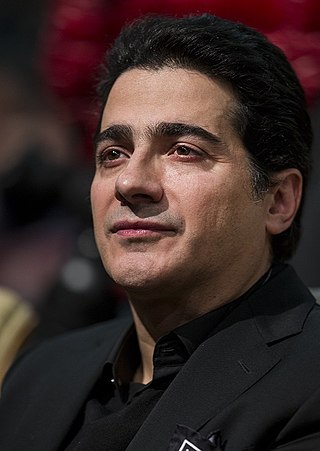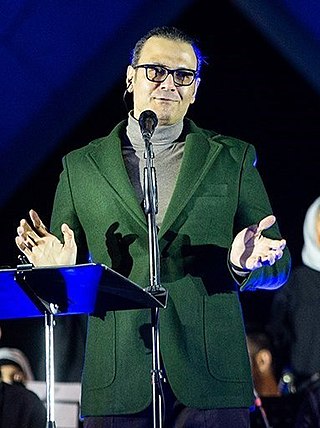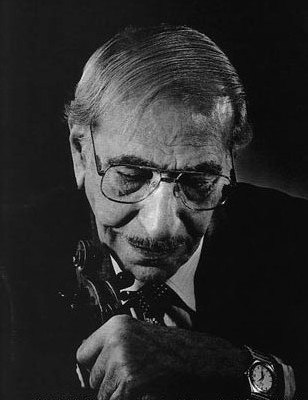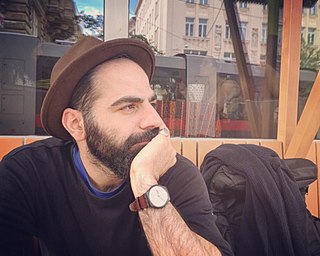
The ney, is an end-blown flute that figures prominently in traditional Persian, Turkish, Jewish, Arab, and Egyptian music. In some of these musical traditions, it is the only wind instrument used. The ney has been played for over 4,500 years, dating back to ancient Egypt, making it one of the oldest musical instruments still in use.

Hossein Alizadeh is an Iranian musician, composer, radif-preserver, researcher, teacher, and tar, shurangiz and setar instrumentalist and improviser. He has performed with such musicians as Shahram Nazeri, Mohammad-Reza Shajarian, Alireza Eftekhari and Jivan Gasparyan, as well as with a number of orchestras and ensembles.

Homayoun Shajarian is an Iranian singer. Homayoun is the son of Iranian singer Mohammad-Reza Shajarian, He learned singing from his father and started his musical career in the 1990s.
A cursory glance at the history of art reveals that social, political and economic conditions have always played a major role in the emergence of new artistic currents and styles. As an example Flight by Morteza Katouzian is showing the marginalized people who have no freedom as result of political changes. In Iran, the social and political developments of the 1940s radically altered the evolution of this country's plastic arts and entirely altering its natural path.

Dariush Safvat also spelled as DaryushSafvat, was an Iranian master Persian traditional musician, teacher, and ethnomusicologist. Safvat is best known for his mastery of setar and santur instruments. Safvat was the founding director of the Center for the Preservation and Research of Music in Tehran; and some credit Safvat with saving traditional music from obliteration in the 1970s.

Alireza Ghorbani is an Iranian traditional vocalist.

Ali Reza Eftekhari is an Iranian vocalist of Iranian classical and popular music. He is one of the most popular singers in Iran and his works are among the best-selling works of Iranian music. This singer has released more than seventy music albums so far. He is known as the man of a thousand faces of Iranian music.

Mohammad-Reza Lotfi was an Iranian classical musician renowned for his mastery of the tar and setar. He collaborated with singers such as Mohammad-Rezā Shajarian, Hengameh Akhavan, Shahram Nazeri and Alireza Shahmohammadi.

Ali Tajvidi was an Iranian musician, composer, violinist, songwriter, and music professor at the School of National Music and Tehran University. He composed more than 150 songs and discovered and produced for many Persian performers such as Delkash and Hayedeh. He was born in Tehran, where his father was active as a painter in the style of Kamal-ol-Molk. In his youth he took violin lessons for two years under Hossein Yahaghi and for many years was under the tutelage of Abol-Hassan Saba for the violin as well. also took Harmony lessons under Houshang Ostovar.

This is a list of Esteghlal F.C.'s results at the 2008–09 IPL, 2009 ACL, Super Cup 2008 and 2008–09 Hazfi Cup. The club is competing in the Iran Pro League, Hazfi Cup. Iranian Super Cup and Asian Champions League.

Hassan Kassai was a musician and player of Persian classical music. He played the ney, the traditional reed flute of Persia/Iran and the setar.

The Vahdat Hall, formerly the Roudaki Hall, is a performing arts complex in Tehran, Iran.

Mahyar Alizadeh is an Iranian musician, composer, singer and Taar player.

The Sweet Hereafter is the soundtrack album to Atom Egoyan's 1997 film The Sweet Hereafter.

Pouya Saraei is an Iranian composer, arranger, conductor, lecturer, music critic, researcher, and musician.
Noureddin Razavi Sarvestani was an Iranian vocalist of Persian classical and pop music. One of his notable students is Reza Shirmarz who is more active in theater and book industries.

Ali Radman is an Iranian musician, composer, conductor, pedagogue and pianist.

Sheikh Zaynolabideen Ghorbani Persian: شیخ زینالعابدین قربانی, is an Iranian Ayatollah. He represented the Supreme Leader of Iran for Gilan Province, as well as leading prayers in Lahijan and Rasht. He represented the people in Gilan for both the Assembly of Experts, and Islamic Consultative Assembly.















